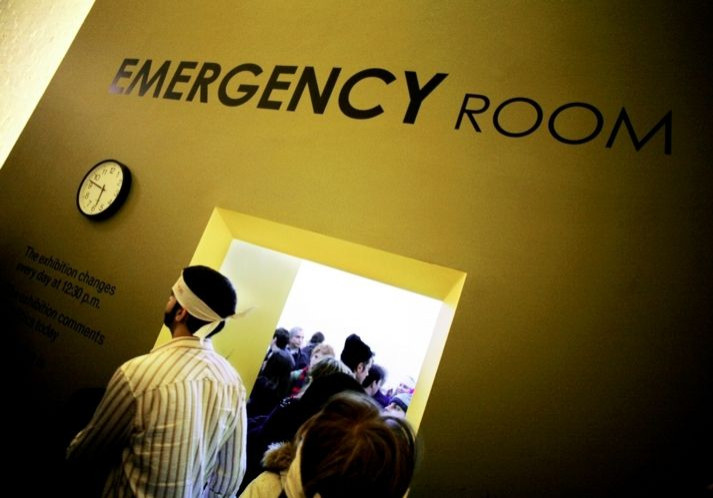Charitable Hospitals Treating The Uninsured Will Have To Jump Through Hoops To Meet New Obamacare, IRS Standards

The purpose of the Affordable Care Act, President Obama's health reform of 2010, is to provide health insurance for the millions of Americans who are currently without it. But before Obamacare came into existence, charitable hospitals across the country were providing healthcare to low-income, uninsured individuals at little to no cost. Now, with mandates in place telling every American to either buy insurance or face a penalty, where do those charitable hospitals stand?
According to a recent article in the conservative-leaning Daily Caller, healthcare reforms under the Affordable Care Act stand to threaten the very existence of charitable, tax-exempt hospitals by imposing stringent standards of compliance under Section 501 of the Internal Revenue Code. This includes new standards of review and new financial penalties. Failure to comply with the new guidelines could result in some charitable hospitals losing their tax-exempt status.
“It requires tax-exempt hospitals to do a community needs survey and file additional paperwork with the IRS every three years. This is to prove that the charitable hospitals is still needed in their geographical area — ‘needed’ as defined by Obamacare and overseen by IRS bureaucrats,” said John Kartch, spokesman for Americans for Tax Reform, an advocacy group that opposes all tax increases. “Failure to comply, or to prove this continuing need, could result in the loss of the hospital’s tax-exempt status. The hospital would then become a for-profit venture, paying income tax — hence the positive revenue score.”
Tax-Exemption Of Non-Profit Hospitals Face Scrutiny From IRS
About 60 percent of the hospitals in the U.S. are non-profit, or tax-exempt. But, according to a U.S. Government Accountability Office (GAO) investigation, non-profit hospitals only spend about 3.5 percent of their overall expenses on treating uninsured individuals who do not compensate them. With millions more Americans set to get insurance in the fall, that number could dwindle to nearly nothing.
Read More: Immigrants And Obamacare: Calif. Pushes For Immigrant Coverage Regardless Of Legal Status
So, more than just the IRS standards threaten hospitals’ non-profit standing. Essentially, there may not be enough uninsured people to even necessitate charitable hospitals anymore. Attorney D. Douglas Metcalf believes hospitals should start preparing themselves for the possibility of a new reality.
“The new law leaves many gray areas and hospitals themselves will have to establish eligibility criteria for financial assistance,” Metcalf, a partner at the law firm Lewis and Roca, wrote in an op-ed piece. “Following the new procedures as best they can will ensure the best chance of maintaining their tax exempt status.”
The Future Of Charitable Hospitals
While the tax-exempt status of non-profit hospitals may face more scrutiny, the need for hospitals serving low-income underserved populations will not, even as millions more gain health insurance through changes in the Affordable Care Act. If anything, these hospitals, which do not exclusively care for the uninsured, will be overwhelmed with newly insured patients seeking primary and preventative healthcare finally available to them for the first time. The motivation for increasing the numbers of uninsured is to bring patients into the mainstream health system, rather than relying on emergency rooms and charity care.
Tax-exemption is not the only federal assistance available to charitable not-for-profit hospitals. Aside from the billions of dollars in reimbursement for caring for the 50 million Medicare beneficiaries, hospitals — both for-profit and non-profit — receive payments for treating the indigent through the state sponsored Medicaid program and the disproportionate share hospital (DSH) adjustment payments. The DSH program, overseen by the Department of Health and Human Services, gives additional assistance to hospitals that serve a disproportionate amount of low-income patients. In fiscal year 2011, hospitals received over $11.2 billion, down from $11.6 billion in 2010.
Indeed, the DHS program has faced cuts in recent years, cuts which were intended to be offset by an increase in payments from expanding Medicaid to more impoverished people. In theory, the cost of caring for low-income populations would have shifted from the DSH payments to Medicaid. But with governors and governments in 15 states rejecting Medicaid expansions outright, and another six states not moving forward at this time, the financial state of charitable hospitals depends on more than just IRS scrutiny.
Published by Medicaldaily.com



























